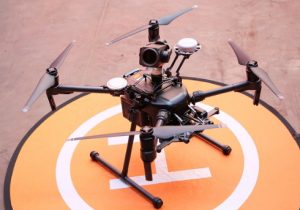
The NTSB has published its investigation report into the flooding and sinking of the towing vessel ‘Nancy C’ on Lower Mississippi River, near Dyersville, Tennessee, in March 2018. The investigation has identified poor maintenance as the principle cause of the incident.
On 6 March 2018, about 1630 local time, the uninspected towing vessel Ms Nancy C was moving and positioning cargo barges while operating in Everett Lake, a tributary of the Mississippi River, when a deckhand discovered water in a void at the stern of the vessel. While the captain and deckhand attempted to dewater the vessel, it sank in 15 feet of water. Both crew members disembarked to a barge prior to the sinking without injury. Damage was estimated at $667,306.










